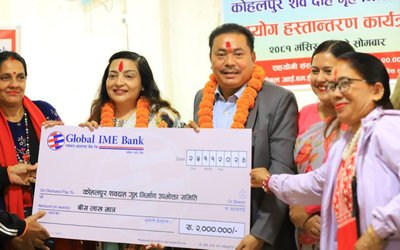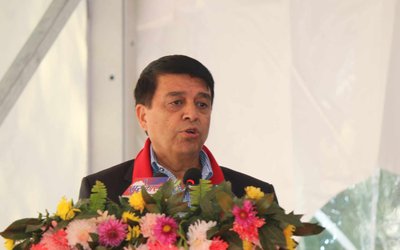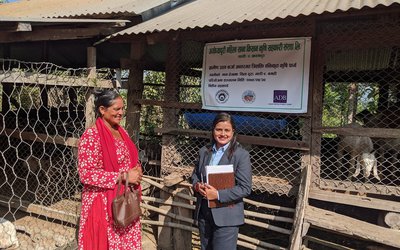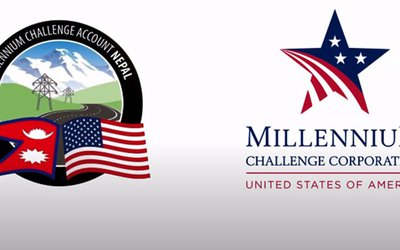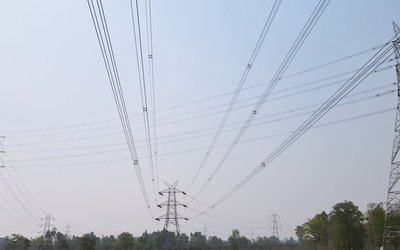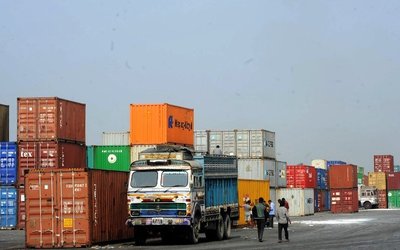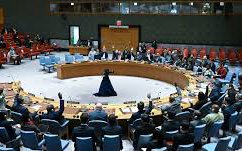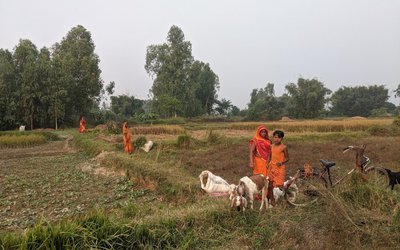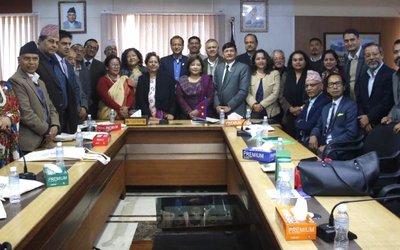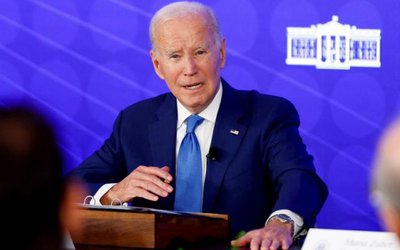
Nepal’s economy is anticipated to grow by 1.5% in fiscal year (FY) 2021 from the preliminary estimate of 2.3% in FY2020, says the latest Asian Development Outlook (ADO) 2020 Update, a flagship publication of the Asian Development Bank (ADB).
“After strong growth in recent years, Nepal’s economy will see further slump as a result of decline in exports, remittances, and tourist income, and the stringent measures to contain the effects of the coronavirus disease (COVID-19) pandemic, even as the lockdowns have gradually eased. Expected sharp economic downturn in neighboring India, Nepal’s predominant trade partner, will also dent Nepal’s growth prospects,” said ADB Country Director for Nepal Mukhtor Khamudkhanov. “Growth may decline further if the containment period prolongs with periodic lockdowns in major hotspots and consequent restrictions in economic activities through this fiscal year.”
According to the Nepal Macroeconomic Update, which was also released recently, agriculture growth may rise as paddy yield is expected to increase on the back of normal monsoon. Nonetheless, delay in timely procurement of fertilizers may dampen potential agriculture growth. Industrial output will diminish reflecting a contraction in manufacturing and slowdown in construction. Service growth will be significantly lower with sluggish trade and as international tourism remains largely closed for the time being despite the reopening of regular international flights on 1 September.
The ADO 2020 Update says inflation is projected to moderate to an average of 5.5% in FY2021, down from 6.2% in FY2020, assuming a good harvest, modest oil prices, and subdued nonfood prices on weak domestic demand.
The current account deficit is expected to widen from -0.9% of gross domestic product in FY2020 to -1.9% a year later as import growth marginally picks up and remittance inflows decline owing to a slowdown in global demand from this crisis.
Downside risks to the outlook center on longer-than-anticipated stringent containment measures that may be necessary to contain the COVID-19 spread. A delayed economic recovery in advanced economies in 2021 may further dent prospects for employment of Nepali migrant workers, undermining remittance inflows and Nepal’s external position. With the uncertain return of businesses to pre-COVID-19 normalcy anytime soon, non-performing loans in the banking system may pose some risks to financial stability under a prolonged containment period.
ADB is committed to achieving a prosperous, inclusive, resilient, and sustainable Asia and the Pacific, while sustaining its efforts to eradicate extreme poverty. Established in 1966, it is owned by 68 members—49 from the region.
- PM Oli's Visit To China: Geopolitical Implications
- Nov 19, 2024
- NEA: Kul Man Ghising, A Cool Man
- Oct 28, 2024
- DASHAIN FESTIVAL : Festival of Unity
- Oct 04, 2024
- NEPAL-CANADA Bilateral Meeting
- Oct 04, 2024
- MIDDLE BHOTEKOSHI: Final Stage
- Sep 23, 2024

